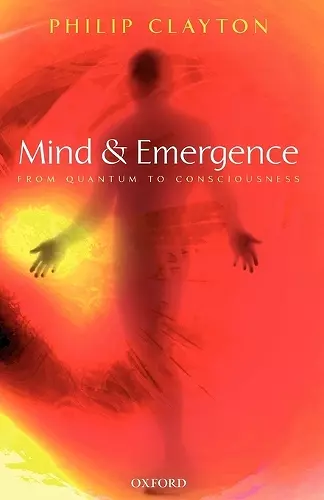Mind and Emergence
From Quantum to Consciousness
Format:Paperback
Publisher:Oxford University Press
Published:27th Apr '06
Currently unavailable, and unfortunately no date known when it will be back

Strong claims have been made for emergence as a new paradigm for understanding science, consciousness, and religion. Tracing the past history and current definitions of the concept, Clayton assesses the case for emergent phenomena in the natural world and their significance for philosophy and theology. Complex emergent phenomena require irreducible levels of explanation in physics, chemistry and biology. This pattern of emergence suggests a new approach to the problem of consciousness, which is neither reducible to brain states nor proof of a mental substance or soul. Although emergence does not entail classical theism, it is compatible with a variety of religious positions. Clayton concludes with a defence of emergentist panentheism and a Christian constructive theology consistent with the new sciences of emergence.
a useful survey of the field and many of the main issues...contain[ing] a wide range of references. * Scientific and Medical Network Review *
ISBN: 9780199291434
Dimensions: 215mm x 139mm x 16mm
Weight: 357g
248 pages